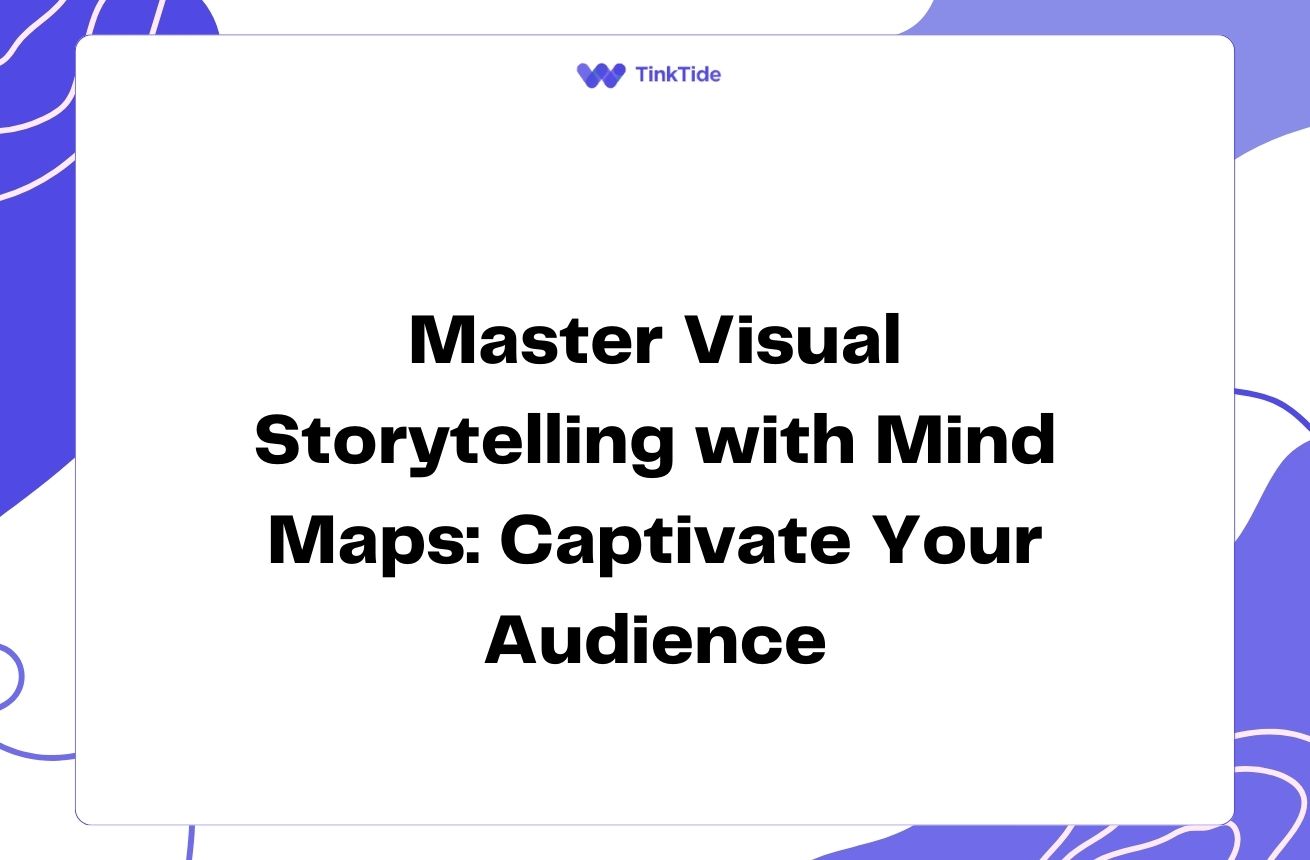Boost Your Marketing with Data Analytics: A Comprehensive Guide
The Power of Data in Marketing
In today's digital age, data is the lifeblood of successful marketing campaigns. By harnessing the power of data analytics, you can gain valuable insights into your customers' behavior, preferences, and needs. This information allows you to make informed decisions, optimize your marketing strategies, and ultimately drive better results for your business.
Data analytics in marketing involves collecting, analyzing, and interpreting large volumes of data from various sources such as website traffic, social media interactions, email campaigns, and customer transactions. By leveraging this data, you can identify trends, patterns, and opportunities that might otherwise go unnoticed.
According to a McKinsey study, companies that use data-driven marketing strategies are 23 times more likely to acquire customers, six times more likely to retain customers, and 19 times more likely to be profitable. These statistics highlight the immense potential of data analytics in transforming your marketing efforts.
Key Benefits of Data-Driven Marketing
Implementing data analytics in your marketing strategy offers numerous advantages. Here are some of the key benefits:
- Improved targeting and personalization
- Enhanced customer experience
- Increased ROI on marketing spend
- Better decision-making and resource allocation
- Predictive insights for future trends
Essential Data Analytics Tools for Marketers
To effectively utilize data analytics in your marketing efforts, you'll need the right tools. Here are some popular options:
1. Google Analytics: This free tool provides comprehensive insights into your website traffic, user behavior, and conversion rates.
2. Tableau: A powerful data visualization tool that helps you create interactive dashboards and reports.
3. HubSpot: An all-in-one marketing platform that offers analytics for various marketing channels, including email, social media, and content marketing.
4. Mixpanel: A product analytics tool that helps you track user interactions and engagement across your digital products.
Implementing Data Analytics in Your Marketing Strategy
To effectively implement data analytics in your marketing strategy, follow these steps:
- Define clear objectives and KPIs
- Identify relevant data sources
- Collect and clean your data
- Analyze the data using appropriate tools
- Draw insights and create actionable recommendations
- Implement changes and monitor results
- Continuously iterate and improve
Real-World Examples of Data-Driven Marketing Success
Many companies have successfully leveraged data analytics to improve their marketing strategies. For instance, Netflix uses sophisticated algorithms to analyze viewing habits and preferences, allowing them to recommend personalized content to each user. This data-driven approach has contributed to their high customer retention rates and growth.
Another example is Amazon, which uses predictive analytics to anticipate customer needs and offer product recommendations. This strategy has significantly boosted their cross-selling and upselling efforts, leading to increased revenue and customer satisfaction.
Spotify is yet another company that excels in data-driven marketing. They analyze listening habits to create personalized playlists and recommend new artists, enhancing user engagement and retention.
Overcoming Common Challenges in Data-Driven Marketing
While the benefits of data-driven marketing are clear, there are some challenges you may face:
- Data quality and integration issues
- Privacy concerns and compliance with regulations like GDPR
- Lack of skilled personnel to interpret and act on data insights
- Resistance to change within the organization
- Balancing data-driven decisions with creativity and intuition
To overcome these challenges, invest in data quality management tools, prioritize data privacy and compliance, provide training for your team, and foster a data-driven culture within your organization.
The Future of Data Analytics in Marketing
As technology continues to evolve, so does the field of data analytics in marketing. Some emerging trends to watch out for include:
1. Artificial Intelligence and Machine Learning: These technologies will enable more sophisticated predictive analytics and automation in marketing processes.
2. Real-time Analytics: The ability to analyze and act on data in real-time will become increasingly important for personalized marketing efforts.
3. Voice and Visual Search Analytics: As these search methods grow in popularity, marketers will need to adapt their analytics strategies accordingly.
4. Augmented Analytics: This emerging field combines AI and natural language processing to make data analysis more accessible to non-technical users.
Address common questions
Here are some frequently asked questions about utilizing data analytics in marketing:
How can small businesses benefit from data analytics?
Small businesses can benefit from data analytics by gaining insights into customer behavior, optimizing marketing spend, and making data-driven decisions. Even with limited resources, tools like Google Analytics can provide valuable insights to improve marketing strategies.
What skills are needed to implement data analytics in marketing?
Key skills include data analysis, statistical knowledge, proficiency in analytics tools, and the ability to translate data insights into actionable marketing strategies. However, many modern tools are becoming more user-friendly, allowing marketers to gain insights without deep technical expertise.
How often should I review my marketing analytics?
It's best to review your marketing analytics regularly, with daily or weekly checks for key metrics and more in-depth monthly or quarterly analyses. The frequency may vary depending on your business needs and the specific metrics you're tracking.
Can data analytics help with content marketing?
Absolutely. Data analytics can help you understand which types of content resonate with your audience, optimal posting times, and the most effective distribution channels. This information can guide your content creation and distribution strategies for better engagement and conversions.
How can I ensure the data I'm using is accurate?
To ensure data accuracy, use reliable data collection methods, regularly clean and update your data, cross-verify information from multiple sources when possible, and invest in data quality management tools. It's also important to train your team on proper data handling practices.
Provide additional resources
Google Analytics Academy
Free courses to help you learn about Google Analytics and data analysis
Data-Driven Marketing Association
Industry association offering resources and education on data-driven marketing
Coursera: Digital Marketing Analytics
Online course covering key concepts in digital marketing analytics
Marketing Analytics: Data Tools and Techniques
EdX course on marketing analytics tools and techniques
Data & Marketing Association
UK-based association providing resources on data-driven marketing
Summarize key takeaways
Data analytics has become an indispensable tool in modern marketing, enabling businesses to make informed decisions, optimize strategies, and drive better results. By leveraging the right tools and techniques, you can gain valuable insights into your customers' behavior and preferences, leading to more effective and targeted marketing campaigns.
As the field continues to evolve, staying up-to-date with the latest trends and technologies in data analytics will be crucial for maintaining a competitive edge in the marketing landscape.
Start implementing data analytics in your marketing strategy today to unlock the full potential of your marketing efforts and drive sustainable growth for your business.
Supercharge Your Marketing with Data-Driven Insights
Ready to transform your marketing strategy with the power of data analytics? Start your free trial today and unlock valuable insights for your business.
Start Your Free Trial

